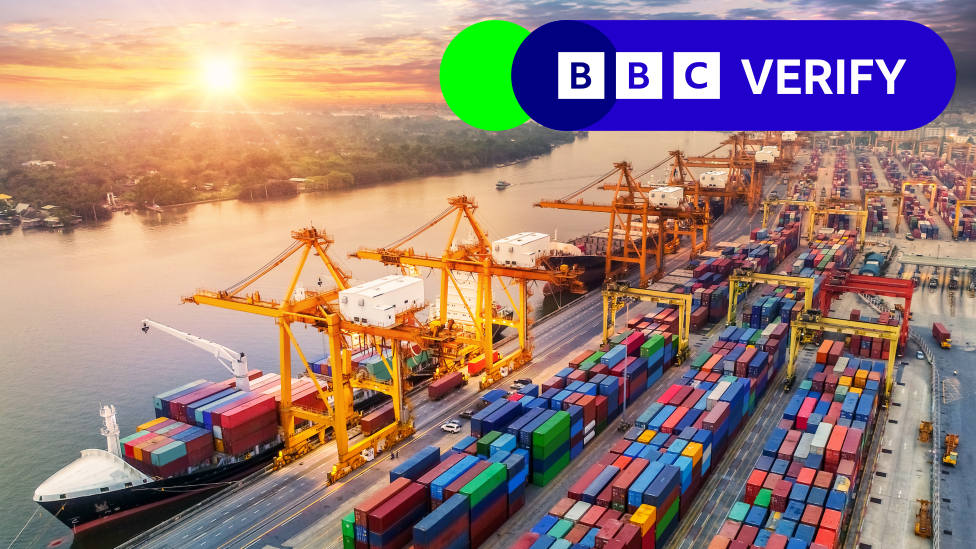Brexit vote: What just happened and what comes next?
- Published
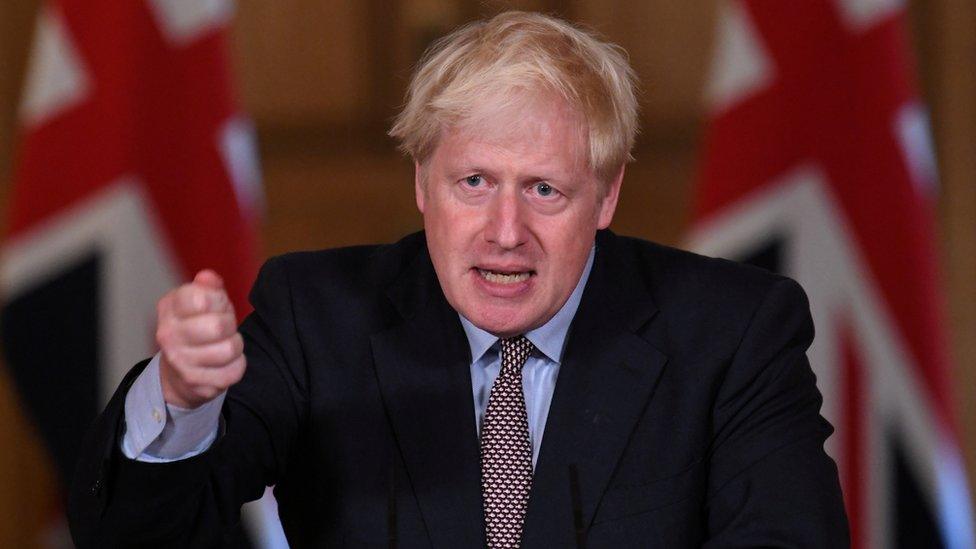
Prime Minister Boris Johnson has defended a contentious Brexit bill published by his government
It's fair to say the coronavirus pandemic has dominated the news cycle this year, so you could be forgiven for wondering what's happening with Brexit.
Well, the UK's departure from the European Union is now fully back on the agenda after a big day of developments in London.
Let's break it down...
What happened in the UK parliament?
On Monday, the House of Commons voted on a controversial new bill published by the government.
It's worth noting that the UK is currently in a period known as the transition, that keeps it bound to the EU's rules until 31 December.
The two sides are trying to negotiate a new trade deal that would come into effect once this period ends, but talks have reached a standstill.
So, on a basic level, the government's new Internal Market Bill seeks to prevent disruption to trade between the four nations of the UK if no deal is reached with the EU. The government has described it as a "vital legal safety net".
The bill aims to ensure regulations between England, Scotland, Wales and Northern Ireland are joined-up because - once the UK leaves the EU - they will have the power to set their own rules on areas like food safety and air quality.
But it has attracted a swathe of criticism (we'll explain why later).
And after a heated day of debate in Parliament on Monday, the government won an initial vote on passing the bill to the next stage by 340 to 263.
This was no big surprise - Prime Minister Boris Johnson has a sizeable majority - but the row is far from over.
Why has the bill been criticised?
There are a few reasons. In fact, the bill has even attracted criticism from senior figures in the governing Conservative Party and former prime ministers.
This is because it seeks to overrule parts of the Brexit deal between the UK and the EU that came into effect in January.
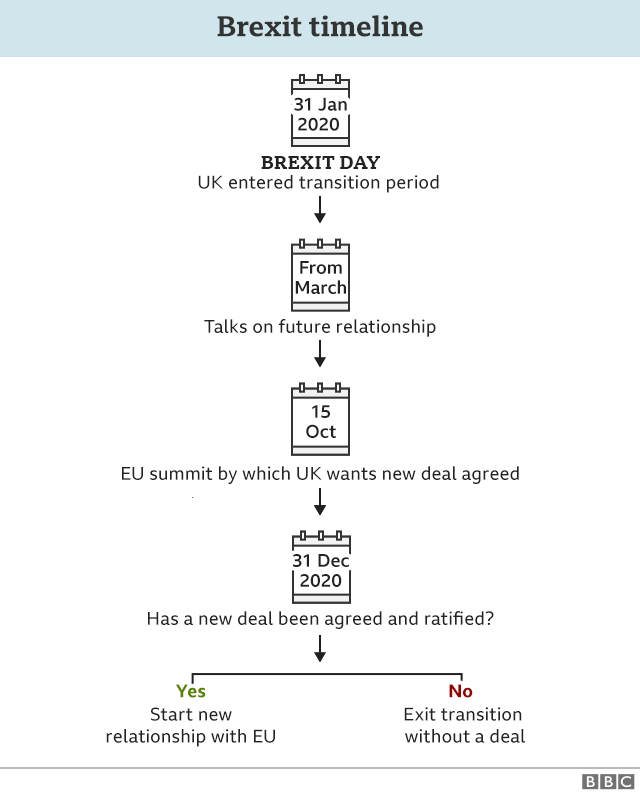

That deal, known as the withdrawal agreement, is a fully fledged international treaty. It is a legal agreement.
A key part of that deal is the agreement that Northern Ireland will continue to follow some EU rules even after Brexit happens. This is designed to prevent a hard border returning between Northern Ireland (which is in the UK) and the Republic of Ireland (which is in the EU).
But the latest bill would go against the withdrawal agreement - and therefore international law - by allowing UK ministers to "disapply" previously agreed rules relating to Northern Ireland if there is no trade deal with the EU.
This is why one government minister recently admitted that the bill would "break international law" in a "specific and limited way", prompting a barrage of criticism and even some resignations.
Critics say backtracking on a legally binding treaty would harm the UK's reputation and global standing. And the EU is clear that it wants the proposals to be dropped altogether.
Mr Johnson, meanwhile, has said the government is simply seeking to avoid disruption and protect the integrity of the UK.
Boris Johnson: "I have absolutely no desire to use these measures"
But the bill is also contentious within the UK nations. Under the proposed law, they would have to accept goods at the standards set in any one country, prompting fears that quality controls for things like food could be dragged down to a lowest common denominator.
Why does it matter?
The UK and the EU are now in the closing weeks of negotiations for a post-Brexit trade deal, with informal talks taking place in Brussels this week.
But the controversy over this bill is threatening to derail the discussions which are already deadlocked, with time running out.
"Breaking international law is not acceptable and does not create the confidence we need to build our future relationship," the President of the European Council, Charles Michel, said last week.

This matters because Mr Johnson has threatened to walk away from the negotiations if a trade deal is not agreed before 15 October.
And a no-deal exit would have profound consequences on the UK and its relationship with Europe. For example, the UK would have to apply tariffs to goods coming into the country from the EU and vice-versa.
There are also domestic political implications to consider. The bill split opinion within Mr Johnson's Conservative Party, and a number of members voted against moving it to the next stage.
Five former prime ministers also voiced opposition to the proposal.
So whether or not this bill becomes law, how this saga develops is likely to have an impact on the prime minister's standing both within his own party and with the EU.
And while the legislation passed in Monday's vote, it is likely to face more difficulties in its later stages, including when it heads for debate in parliament's second chamber, the House of Lords.
So for now, watch this space.
- Published14 September 2020
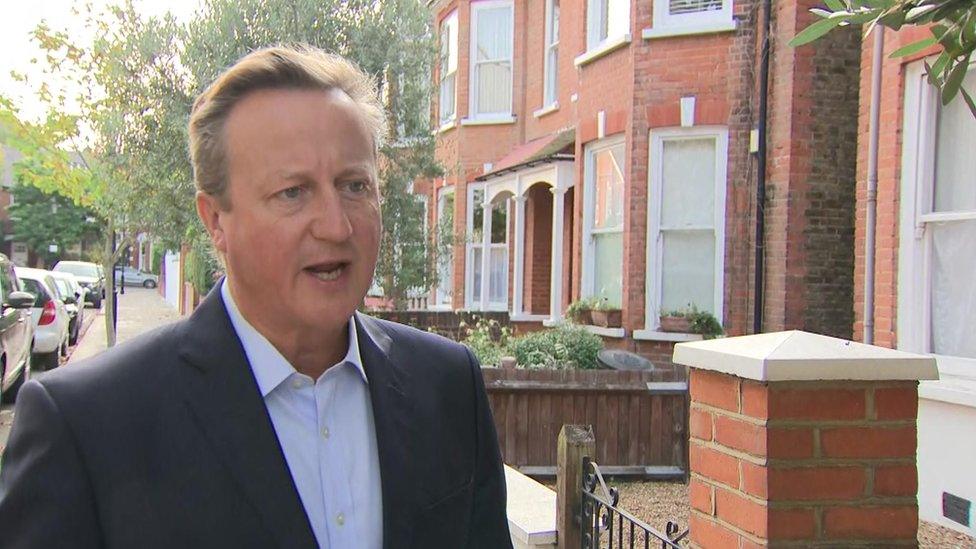
- Published13 September 2020
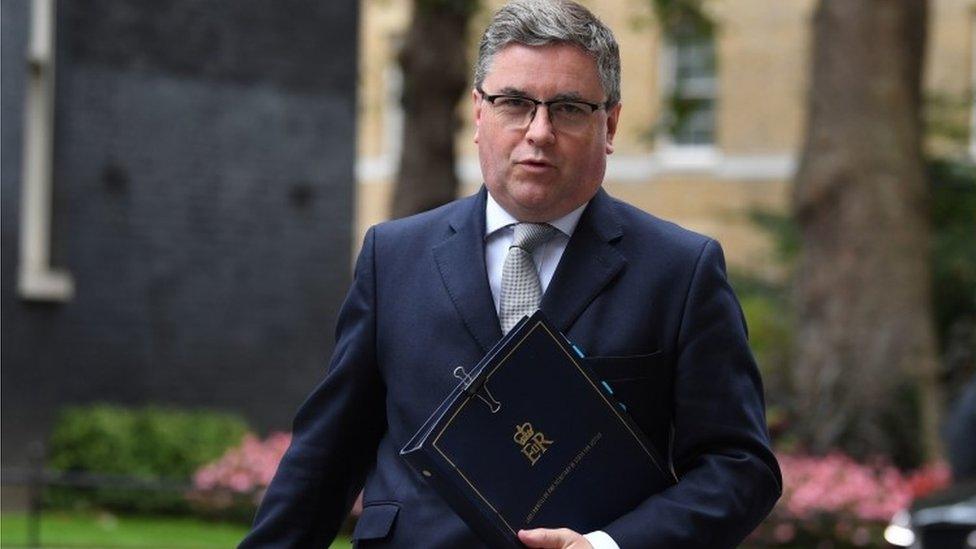
- Published18 December 2020
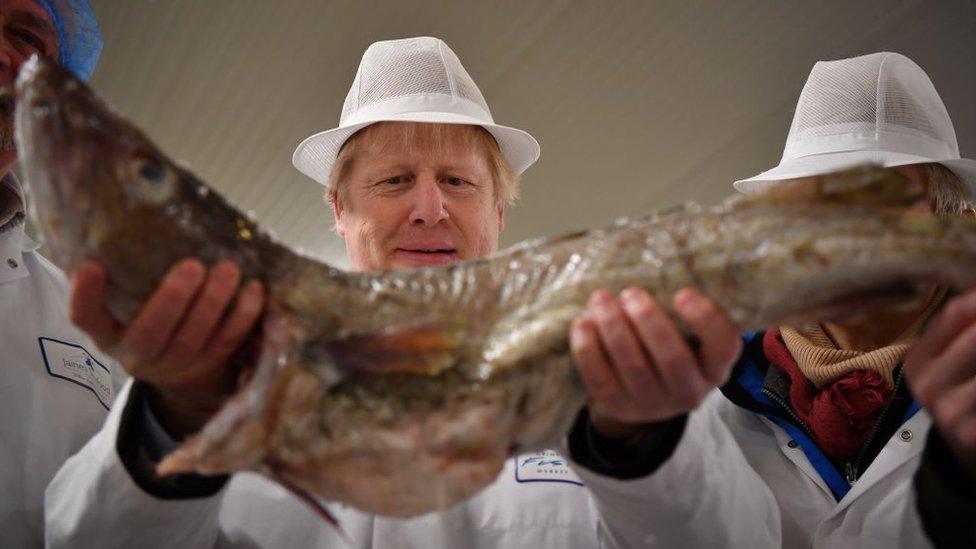
- Published30 December 2020

- Published26 January 2024
